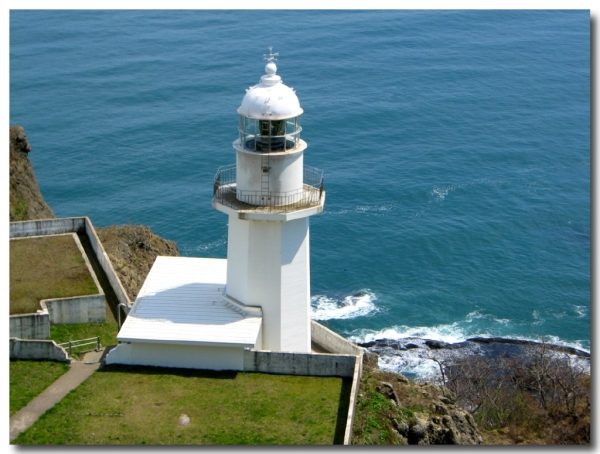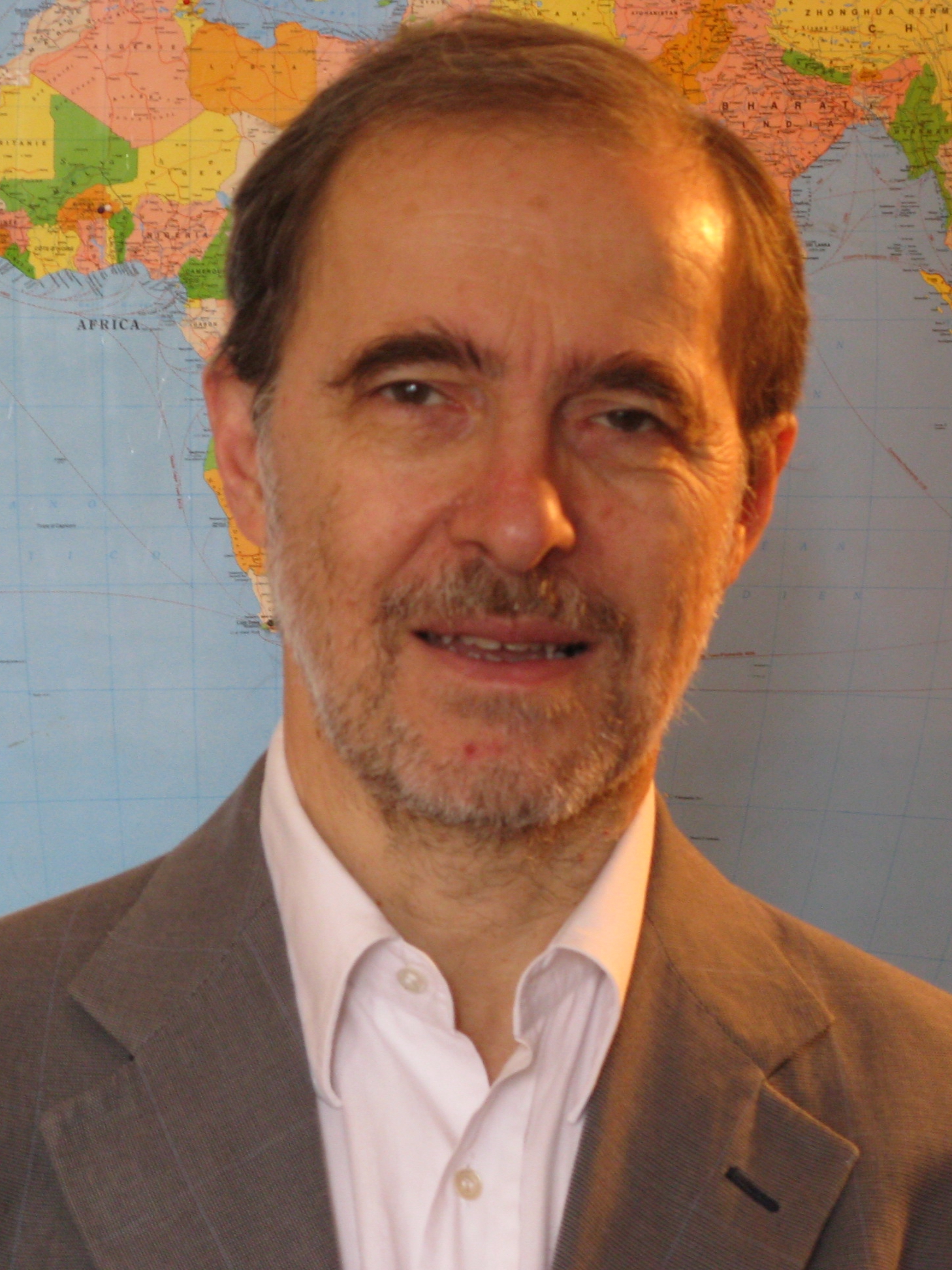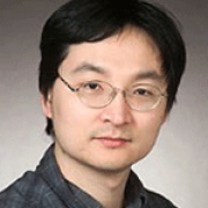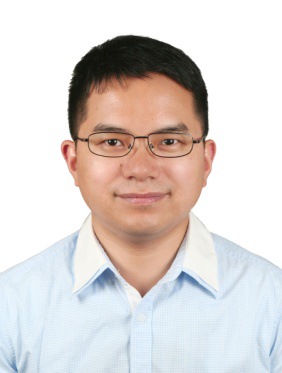Contact Us
Important Dates
Full paper submission deadline:
June 1, 2017
Extend June 15, 2017
Acceptance Notification:
July 1, 2017
Camera Ready Deadline and Registration Due:
July 20, 2017
Conference Date:
Oct.16-19, 2017
Paper Submission

Keynotes
NaNA2017 Keynote 1: | |

|
Speaker:Prof. Achille PattavinaTitle:RAN centralization in 5G Metro/Aggregation Networks-Challenges and Trade-offsAffiliation:Politecnico di Milano, Italy |
Abstract:5G mobile networks are expected to meet a set of extremely‐challenging performance requirements, in terms of enhanced throughput and QoS, increased coverage, reduced latency and power consumption. To meet such requirements, a promising solution for future 5G networks is the recently proposed Centralized‐Radio Access Network (C‐RAN), supported by optical aggregation based on Wavelength Division Multiplexing. C‐RAN is expected to provide significant CapEx/OpEx savings, deriving from the consolidation of processing facilities among different Digital Units (DU). However, the adoption of C‐RAN requires transporting large amount of high and constant‐bit‐rate traffic between DUs and Radio Units (RU), called the fronthaul traffic. Therefore, in view of the massive small cells deployment and traffic increase envisioned for 5G, fronthaul transport is expected to face serious scalability issues. Thus, alternative RAN splits, referred to as xhaul or midhaul solutions, are now under analysis to reduce the required network capacity. C‐RAN also enables effective support of advanced cell coordination techniques, so that further trade‐offs arise between factors characterizing the cell clusters. We examine these challenges and propose technical solutions to best match the different parameters trade‐offs arising in 5G metro/aggregation networks. |
|
Short bio:Achille Pattavina received the Dr. Eng. degree in Electronic Engineering from University of Rome (Italy) in 1977. He was with the same University until 1991, when he moved to “Politecnico di Milano”, Milano (Italy), where he is Full Professor since 1995. He has been author/coauthor of more than 300 papers in the area of communications systems and networks and of two books: Switching Theory, Architectures and Performance in Broadband ATM Networks (New York: Wiley, 1998), Communication Network: Networking and Internet (McGraw-Hill, 2nd ed., 2007, in Italian). He has been coordinator of national and international research activities, including European Union funded projects. He has been Editor for Switching Architecture Performance of the IEEE Transactions on Communications from 1994 to 2011 and Editor-in-Chief of the Wiley European Transactions on Telecommunications from 2001 to 2010. His current research interests are in the areas of data centre and cloud computing, software defined networking, optical networks, switching theory, broadband convergent access/metro networks. |
|
NaNA2017 Keynote 2: | |

|
Speaker:Prof. Pin-Han HoTitle:Coded Video Multicast over Mobile SystemsAffiliation:University of Waterloo , Waterloo·Department of Electrical & Computer Engineering |
Abstract:The talk is on multicast of video content in the modern mobile communication systems. The topics include the multicast techniques developed for scalable and efficient delivery of successively refined information to multiple recipients under fluctuating wireless channels. It also covers the key issues and state-of-the-art progress of such an applications and discuss its performance behaviours. |
|
Short bio:Pin-Han Ho received his B.Sc. and M.Sc. degree from the Electrical Engineering department in National Taiwan University in 1993 and 1995, respectively, and Ph.D. degree from Queens University at Kingston at 2002. He is now an associate professor in the department of Electrical and Computer Engineering, University of Waterloo, Canada. Professor Pin-Han Ho is the author/ co-author of more than 150 refereed technical papers, several book chapters, and the co-author of a book on optical networking and survivability. His current research interests cover a wide range of topics in broadband wired and wireless communication networks,including survivable network design, wireless Metropolitan Area Networks such as IEEE 802.16 networks, Fiber-Wireless (FIWI) network integration, and network security. He is the recipient of Distinguished Research Excellent Award in the ECE department of U of Waterloo, Early Researcher Award (Premier Research Excellence Award) in 2005, the Best Paper Award in SPECTS’02, ICC’05 Optical Networking Symposium, and ICC’07 Security and Wireless Communications symposium, and the Outstanding Paper Award in HPSR’02. |
|
NaNA2017 Keynote 3: | |

|
Speaker:Dr. Zhou-guo ChenTitle:Network threat intelligence based on Dark webAffiliation:Technical Director, China Electronics Technology Cyber Security Co., LTD |
Abstract:The dark web is the World Wide Web content that exists on dark nets, overlay networks which use the Internet but require specific software, configurations or authorization to access. Due to some strong confidentiality, anonymity and other security characteristics, dark web have been widely used in recent years. More and more network users and service providers choose dark web to protect their privacy. However, dark web also becomes a safe haven for criminals who engaged in illegal transactions and network attacks,and poses a threat to cyberspace security.At present, many countries and institutions around the world focus on dark web, especially in terms of the illegal trading and information intelligence. The information intelligence in this respect can serve an important source of perceiving network security situation and threat warning. In order to explore and acquire the information resources from dark web, it is necessary to study the technical problems such as network monitoring and information censorship in dark web. It can realize the threat intelligence perception through finding and identifying information, detecting hidden service as well as information extraction and analysis in dark web. |
|
Short bio:Zhou-guo Chen was born in 1980. He received a M.S. degree in signal and information processing at University of Electronic Science and Technology of China (UESTC) in 2006. As a technical director with China Electronics Technology Cyber Security Co., LTD, he led several research teams to participate in several state-level major information security projects under the National Development and Reform Commission, the Ministry of Science and Technology, the Ministry of Public Security. He has won Second-Class National Scientific and Technological Progress Award, published more than 50 academic papers and owned more than 10 patents. His research interests include network security, big data and network forensics. |
|



